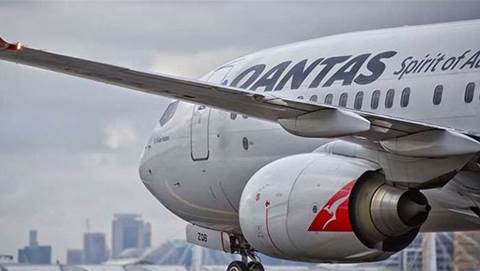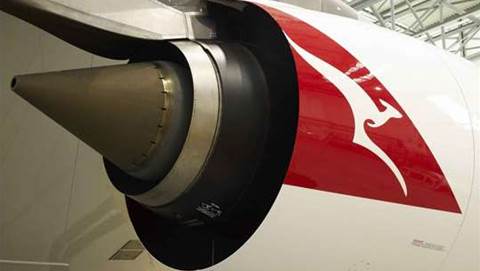Adopting advanced analytics and robotics capabilities in the resources sector is set to add $74 billion to the economy by 2030 and create 80,000 new jobs, according to a report released on Monday.

The Staying Ahead of the Game Report [pdf] outlines how a concerted effort from Australia’s mining and resources, along with policymakers, educators and the technology supply chain, could make mining operations up to 60 percent more efficient and environmentally sustainable.
Co-authored by Industry Growth Centres NERA and METS Ignited, the report details 30 use cases of digital automation technologies for resource industries across three broad categories - operational hardware, connected workers, and AI and connected ecosystems.
The report says the adoption of automation technologies based on analytics, machine learning and robotics will likely occur in three stages, starting with the current push to deploy drones, autonomous haulage systems, and autonomous underwater vehicles.
More equipment is expected to become connected and digitised within the next five years, with sensors used to monitor and control equipment in plants and mines.
As the market for these devices matures, it’s also expected that the equipment and data from different vendors able to interoperate better than their current capabilities.
The final stage, occurring from 2030 onwards, will centre on integrated value chains where connected autonomous drills, trucks and shovels, can all work in concert - delivering around $65 billion in gross added value to the mining sector and an additional $9 billion to oil and gas.
However, the authors warn that the resources industries could lose out on around $32 billion of that value and 265,000 jobs if the domestic supply chain isn’t up to snuff.
“The full economic, social, environmental and safety benefits of these technologies will only materialise if a globally competitive domestic supply chain is created to participate in this transition,” the report states.
The authors proposed a four-step roadmap achieve the maximum value of automation technologies:
- Strengthen collaboration between industry, government and education providers
- Create and support national cross-industrial automation clusters to facilitate networking and talent development
- Expand the entrepreneurial ecosystem to further encourage the commercialisation of new solutions
- Boost skills and R&D to remain internationally competitive and reduce the reliance on imported tech and talent.
Minister for Industry, Science and Technology Karen Andrews said the nation’s economic future will depend on a “vibrant and competitive” resources sector underpinned by “Industry 4.0” data-driven technologies.
“The use of analytics and robotics not only provides significant safety and environmental benefits, it is also rapidly increasing job opportunities.
“This kind of technology opens up new, unexplored opportunities for the resources sector and what this report shows is the huge economic opportunity if new technology is embraced.
She added that jobs created by a smarter resources sector will be created across rural and regional areas, supporting existing communities.



_(28).jpg&h=140&w=231&c=1&s=0)
_(36).jpg&h=140&w=231&c=1&s=0)






 iTnews Executive Retreat - Security Leaders Edition
iTnews Executive Retreat - Security Leaders Edition
 iTnews Cloud Covered Breakfast Summit
iTnews Cloud Covered Breakfast Summit
 The 2026 iAwards
The 2026 iAwards












_(1).jpg&h=140&w=231&c=1&s=0)



